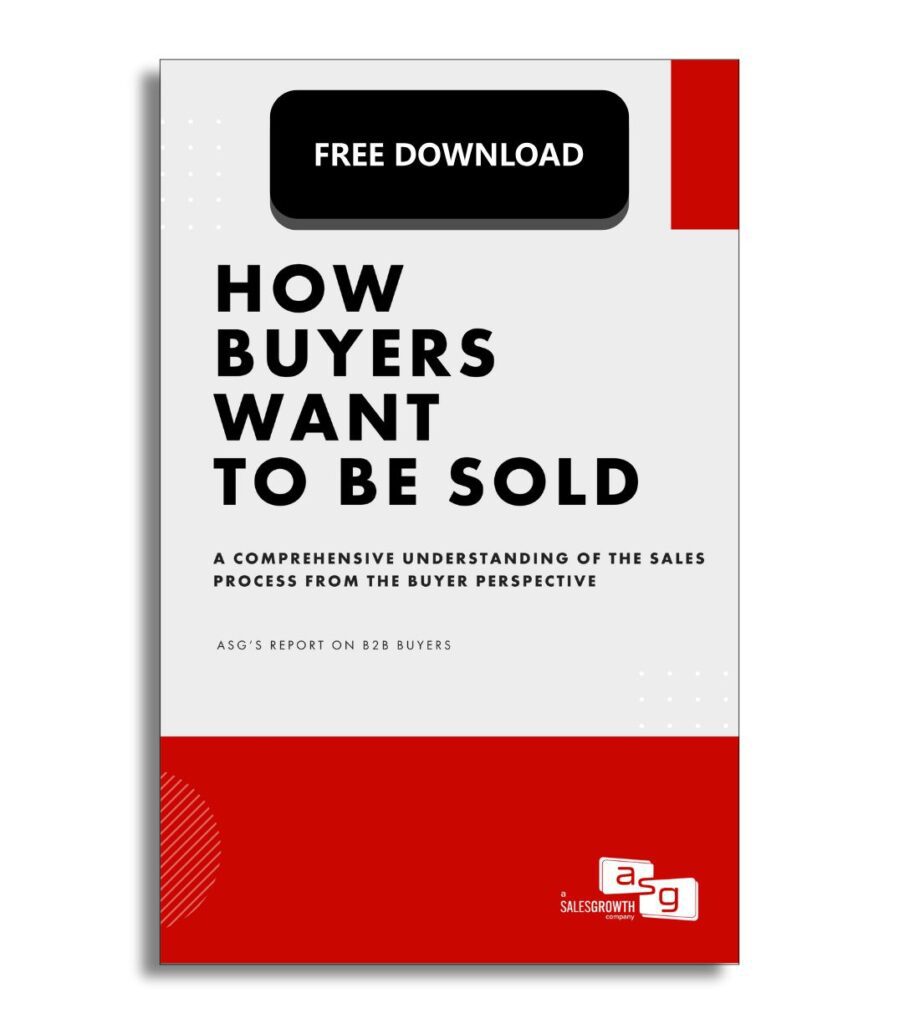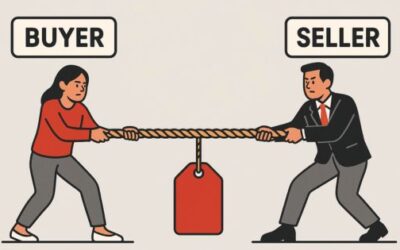It’s pretty simple, most buyers just won’t respond to cold outreach. But why? In ASG’s recent comprehensive buyer survey, buyer’s were pretty clear: they will respond, but only if the approach focuses on them and not the seller.
The data shows that 50% of buyers would respond if the messaging was either relevant / personalized to them OR it focused on problems they could be facing. Unsurprisingly, buyers don’t want pitches or pushy sellers. Instead, they’re looking for depth, knowledge, and information relevant to their business.
Buyer’s aren’t opposed to cold calls or cold emails, they’re opposed to the way it’s currently being done.
Getting a Response From Cold Outreach
When asked what would make them respond to cold outreach, buyers who typically never engage said:
Relevance and Personalization (32%)
Outreach must be relevant and personalized to the buyer’s company. We need to be careful with the word personalization. What we mean by personalization is outreach demonstrating genuine understanding of the buyer’s business and the market they play in. Adding a name or fun fact about how we attended the same college is not personalization.
Don’t Pitch too Soon (30%)
Buyers don’t want to hear a pitch until a seller has demonstrated to them why they’re worthy of their time.
Demonstrate Company Understanding (20%)
Buyers want evidence that salespeople know their business, their challenges, the model, and the markets. Show me you’re an expert and I’m willing to talk to you.
Focus on Problems (18%)
Highlight possible problems the business may be suffering from or could suffer from in the future. Salespeople must possess enough industry knowledge to both identify and articulate the challenges and the impact of those challenges to a buyer without the problem being explicitly stated.
Point: Buyers will respond if the messaging focuses on them.
Selling isn’t about you
Buyers are rejecting traditional sales methods because they’re played out and too seller-centric. Buyers do not want to be hounded by pitches, tactics, or BANTy questions. These approaches are driving buyers deeper into their shell.
Buyers want sellers to bring value to the table before they ask for time or attention. Don’t qualify me, let me qualify you.
What Should Sales Team Do?
This research points towards a shift in how sales organizations are preparing to engage with prospects. To succeed, sales organizations should build out their personas to understand:
- Buyer’s role and daily challenges
- Metrics that drive their buyer’s business decisions
- Competitive landscape affecting the buyer’s industry
- Operating processes their buyer follows daily
- Business models that are used to shape their buyers strategy
Organizations who continue to focus their training and enablement efforts on product knowledge and tactics will find themselves at a significant disadvantage in the not-so-distant future. Teams that shift their approach to utilizing business acumen skills will quickly overtake those who continue to polish pitches.
To ensure teams are prepared for the modern buying sales organizations should begin to reimagine sales training to emphasize business understanding. Make a push to develop deep industry expertise and create frameworks that focus on the buyer contexts.
Sales is at a crossroads. Sellers can continue to see response numbers, pipeline, and close rates plummet or we can make a conscious shift. We can continue to push our products and refuse to take no for an answer or we can show up as a business consultant who understands the inner workings of a prospect’s world and demonstrates that understanding in each interaction.




0 Comments